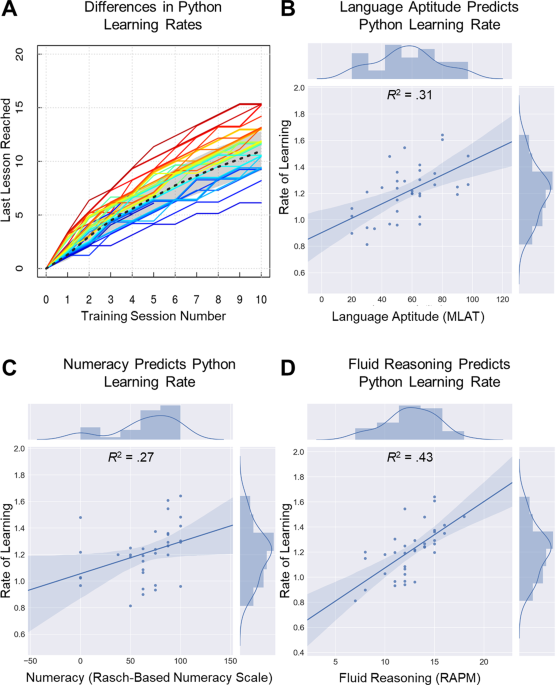Post-hospitalisation COVID-19 cognitive deficits at one year are global and associated with elevated brain injury markers and grey matter volume reduction
We are providing an unedited version of this manuscript to give early access to its findings. Before final publication, the manuscript will undergo further editing. Please note there may be errors present which affect the content, and all legal disclaimers apply.
The spectrum, pathophysiology, and recovery trajectory of persistent post-COVID-19 cognitive deficits are unknown, limiting our ability to develop prevention and treatment strategies. We report the one-year cognitive, serum biomarker, and neuroimaging findings from a prospective, national study of cognition in 351 COVID-19 patients who had required hospitalisation, compared to 2,927 normative matched controls. Cognitive deficits were global and associated with elevated brain injury markers, and reduced anterior cingulate cortex volume one year after COVID-19. The severity of the initial infective insult, post-acute psychiatric symptoms, and a history of encephalopathy were associated with greatest deficits. There was strong concordance between subjective and objective cognitive deficits. Longitudinal follow-up in 106 patients demonstrated a trend toward recovery. Together, these findings support the hypothesis that brain injury in moderate to severe COVID-19 may be immune-mediated, and should guide the development of therapeutic strategies.
Department of Clinical Infection, Microbiology & Immunology, Institute of Infection, Veterinary and Ecological Sciences, University of Liverpool, Liverpool, UK



















)